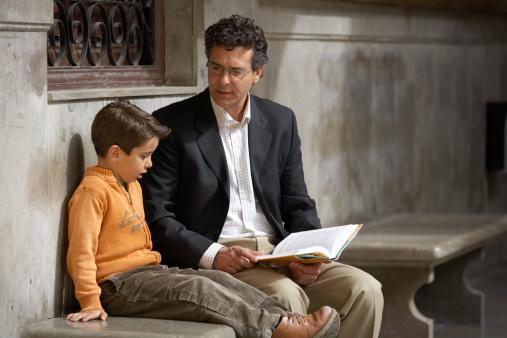
The importance of rapport: why it matters that your child likes their teacher or tutor.
The name ‘Professor John Hattie’ is widely bandied around in schools across the world, because he was behind a major meta-study of educational practices which was first published in 2008, under the title ‘Visible Learning’, and revised several times since. Hattie has become a bit of a guru in the educational world, because he and his team studied several hundred meta-analyses of studies into the impact of different elements on how young people learn, and he came up with a grading system that nailed down the effect of these elements on students’ learning. Some educationalists have called his work the ‘holy grail’ of educational research, because it shows what really, really makes a difference in learning and teaching.
It probably won’t come as a surprise that ‘teacher effectiveness’ comes right at the very top of the list, but what is interesting is that the next two elements on the list – ‘self-reported grades’ and ‘teacher estimates on achievement’ – along with many other elements all depend on a really good relationship between the student and the teacher. For students to be able to report genuinely what they think about their achievement and progress, they have to trust their teacher and feel safe enough to take the risk of saying what they honestly think. For teachers to make an accurate estimate of a student’s achievement, they need to have a really deep understanding of the student. Rapport between students and teachers makes a significant difference – it underpins their ability to be able to work together and make progress.
Why parents should be interested is that children are often extremely good judges of how adults see them. If your child says that a teacher doesn’t like them, then you should listen, because if there isn’t a trusting relationship, then any learning is, quite simply, not going to be as effective. Of course, it may all come down to poor communication, or to a misreading of signals, so be alert to this, but certainly don’t hesitate to explore this further. You want your child to be in the best situation possible to learn.
Above all, children deserve to be supported and taught by adults - teachers and tutors – who genuinely care for them and understand them. When you find adults who will do this, then your child will already be more than halfway towards great learning.
Dr Helen Wright is a former Head of a leading UK public school and is part of the William Clarence Education Advisory Board
